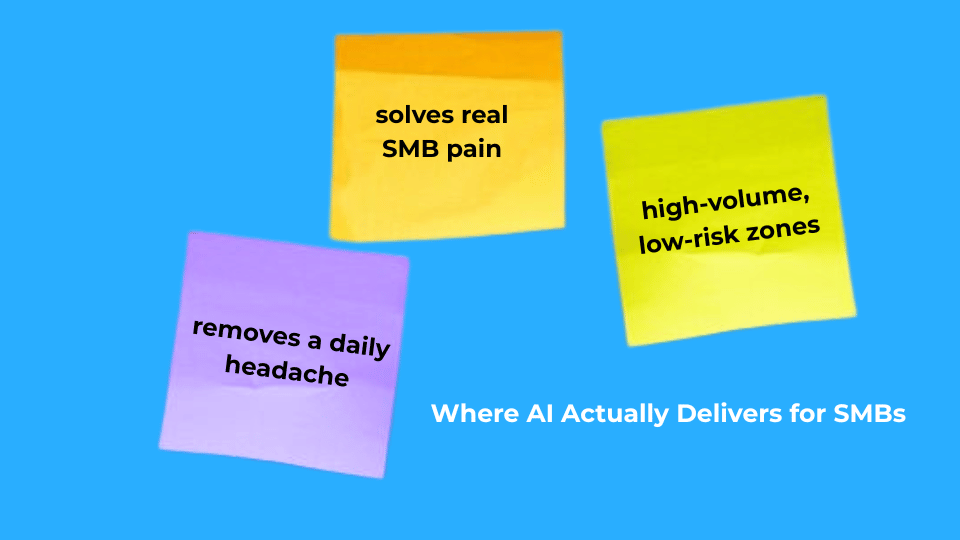One question that’s long loomed over the world of SMB marketing is how mobile apps play in. Is it advantageous for SMBs to have their own apps… or is a web-optimized mobile strategy sufficient? What can apps do that the mobile web can’t? And what types of SMBs can best reap those rewards?
Starting with the simpler question of how many SMBs are building mobile apps, new data from Top Design Firms (reported by Mediapost) indicate that 32 percent do so today. 42 percent report that they plan to launch a mobile app at some point in the future, and 26 percent are unlikely to do so.
Our first reaction is that 32 percent seems higher than expected. This feeling is informed by 15 years of analyzing the SMB universe, and Localogy’s own Modern Commerce Monitor SMB survey. More than gut reaction, it stands to reason that bespoke mobile apps aren’t necessary for most SMBs.
Fatigue & Findability
That brings us back to some of the questions posed above. Benefits offered by native apps — versus mobile web — include greater functionality for things that require native libraries to tap directly into smartphone hardware. That includes camera-based experiences like AR, or GPS functionality.
Some SMBs could benefit from those elevated capabilities, but it then becomes a question of if that need outweighs app disadvantages. The latter includes the perennial challenge of “app fatigue.” Getting consumers to download your app is an uphill battle if you’re not Google or Facebook.
Speaking of Google, there’s also the app downside of findability. A mobile web approach with optimized Google My Business listings is a better way to get found on mobile devices. When consumers search on Google Maps for a nearby need, SMB apps don’t show up in those results.
While we’re listing native app downsides, managing them isn’t easy. They can be more expensive to create and involve an onerous process of app store approval. When changes need to be made, it’s not as simple as updating HTML on your website, or business details in Google My Business.
Majority of U.S. consumers still download zero apps per month, says comScore
Vanity Factor
So with these downsides, what SMBs are launching their own apps? Those that require the advanced functions mentioned above are on the list. It can also come down to a classic SMB vanity factor. Having your own app has an heir of prominence for vanity-prone verticals like lawyers and real-estate agents.
Think of this as the modern-day version of the park bench or bus ads — staples of these vanity-driven SMB advertising categories. This theory aligns with the survey results that primary objectives for SMB apps include boosting branding efforts. 32 percent of respondents listed that as a reason.
Other objectives include improving customer service (34 percent of responses). Financial planning firm Goalry’s CEO Ethan Taub, quoted in the report, says that apps can give SMBs a direct support channel that sidesteps email. The question is if this advantage outweighs the above app issues.
Other SMBs in the survey caution that apps could be overkill and that cost should be a consideration. Sonder Digital Marketing lead copywriter Laura English, quoted in the report, says SMBs with limited budgets “should focus on a website with perfect responsiveness.” So the answer is that it depends…
The report surveyed 500 SMB owners.




